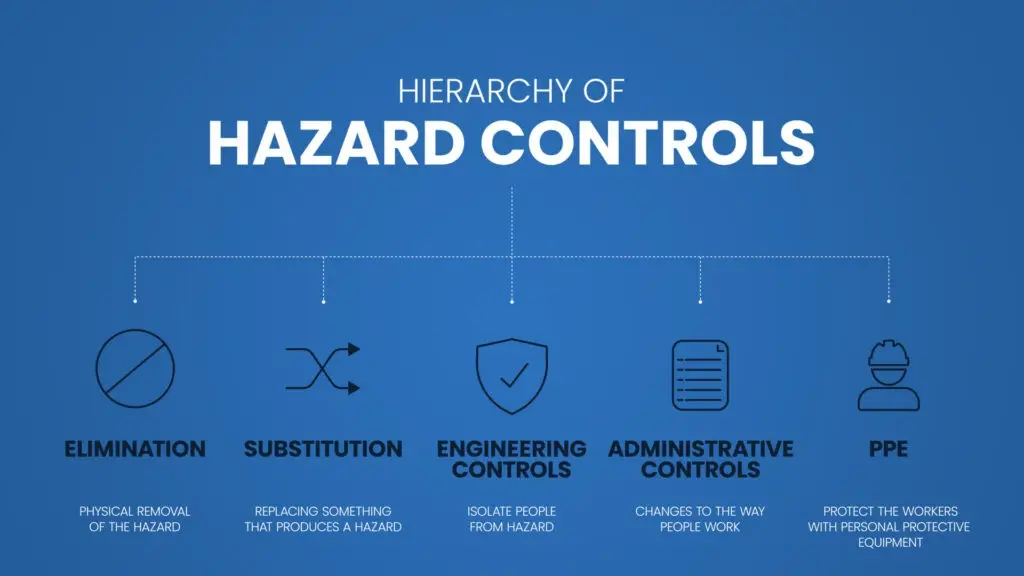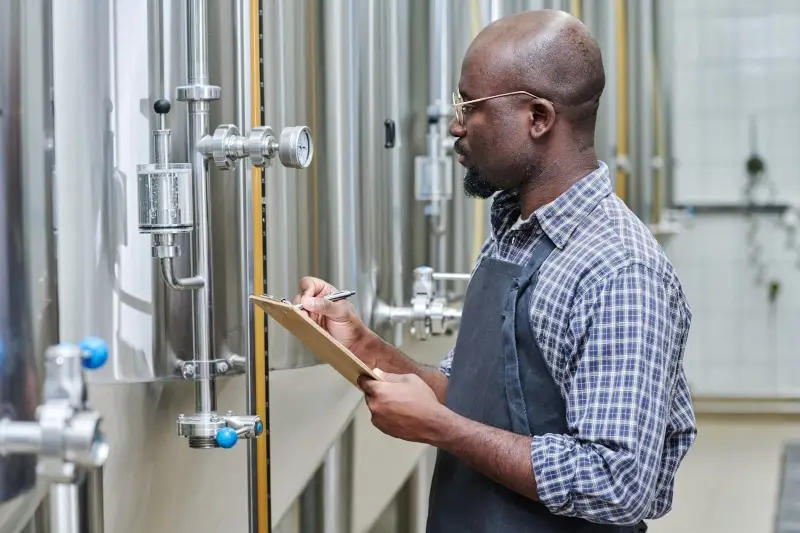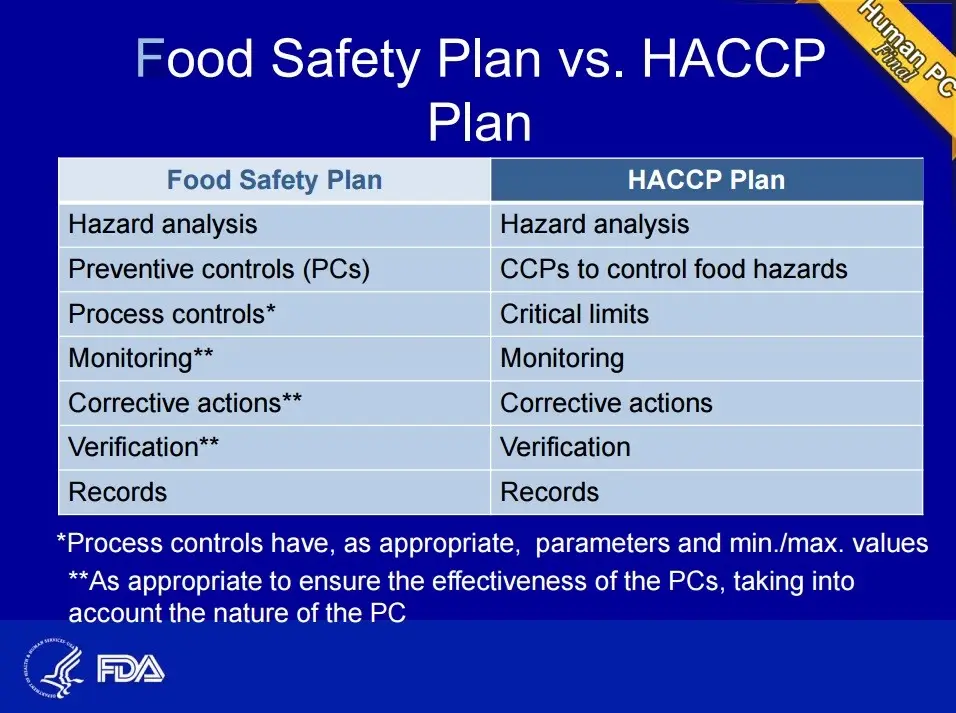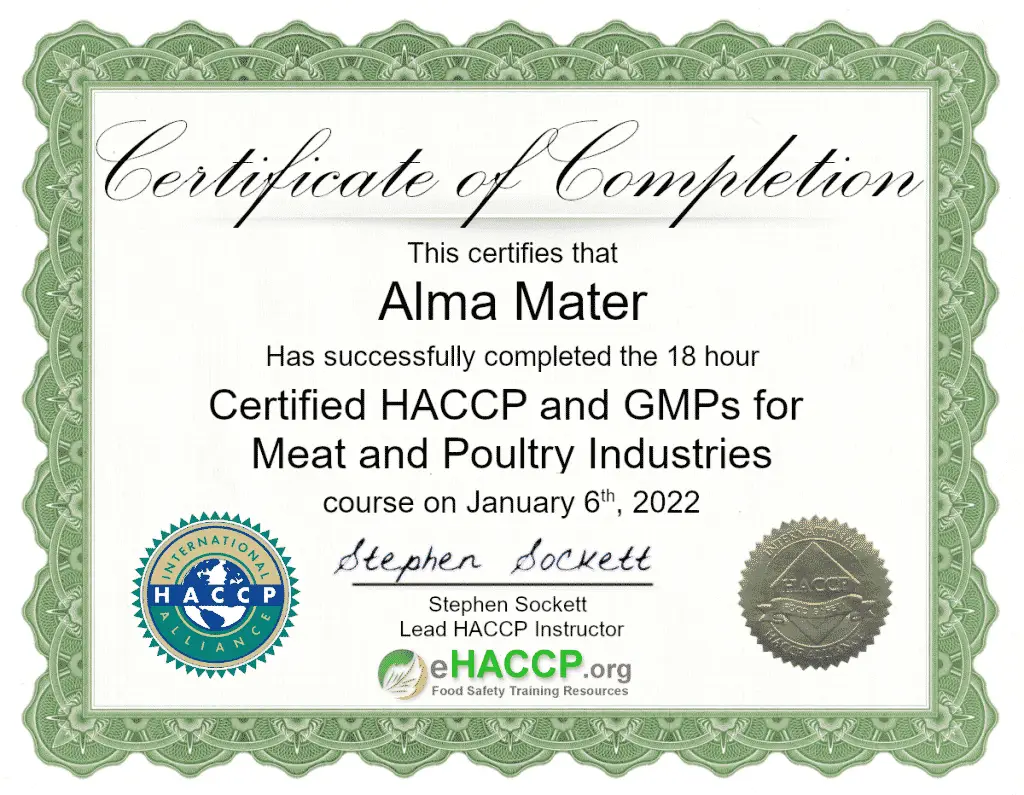Why is HACCP So Important

By implementing HACCP, food producers can take proactive steps to prevent food safety issues before they occur, rather than simply reacting to them after they have happened. This can help to protect consumers from foodborne illness..
How to Create a HACCP Plan

Conduct a hazard analysis: Identify potential physical, chemical, and biological hazards that could occur at each step of the food production or processing process.
Determine the critical control points (CCPs): These are points in the process where a hazard can be prevented, eliminated, or reduced to an acceptable level
Does a personal HACCP certificate have an expiration date?

The simple answer is no. However, an auditor may have a different idea. An accrediting body like the International HACCP Alliance or IHA, does not require an expiration date on an accredited course certificate but certain GFSI schemes require recertification every x amount of years. Companies also may require recertification. For example, Costco requires people to recertify every 5 years.
How Much Does a Food Safety Plan Cost?

In general, the cost of developing a food safety plan can range from a few hundred dollars to several thousand dollars. The cost of implementing the plan and maintaining it over time will also vary depending on the specific requirements of the plan and the resources required to meet those requirements. It is important for businesses to carefully consider the costs associated with developing and implementing a food safety plan in order to determine whether it is a viable option for their business.
How to Get a HACCP Certificate?

Find a training course: There are a number of organizations that offer HACCP training courses, both in-person and online. These courses should be accredited an can vary in length and intensity, so it is important to find one that meets your needs and schedule.
What is the International HACCP Alliance?

The International HACCP Alliance provides standardized educational programs to facilitate the implementation of farm-to-table HACCP Systems in the food industry.
The training curriculum is consistent with the National Advisory Committee on Microbiological Criteria For Foods, Codex Alimentarius Commission (CAC), USDA, and FSIS Pathogen Reduction HACCP.
What is a HACCP System?

Hazard Analysis Critical Control Points (HACCP) is an internationally recognized method of identifying and managing food safety-related risks, and when it is the centerpiece of an active food safety program, it can provide your customers, the public, and regulatory agencies with the assurance that your food safety program is well managed.
What is HACCP Training?

HACCP (Hazard Analysis and Critical Control Points) is a food safety management system that helps ensure that food is prepared and handled in a safe and hygienic manner. HACCP training involves educating food industry workers on the principles and practices of HACCP and how to implement them in their workplace. This may include understanding how to identify and assess food safety hazards, implementing preventive controls to address those hazards, and establishing procedures for monitoring and verifying that the controls are effective. HACCP training is often required for food industry workers as a way to protect public health and prevent foodborne illness.
